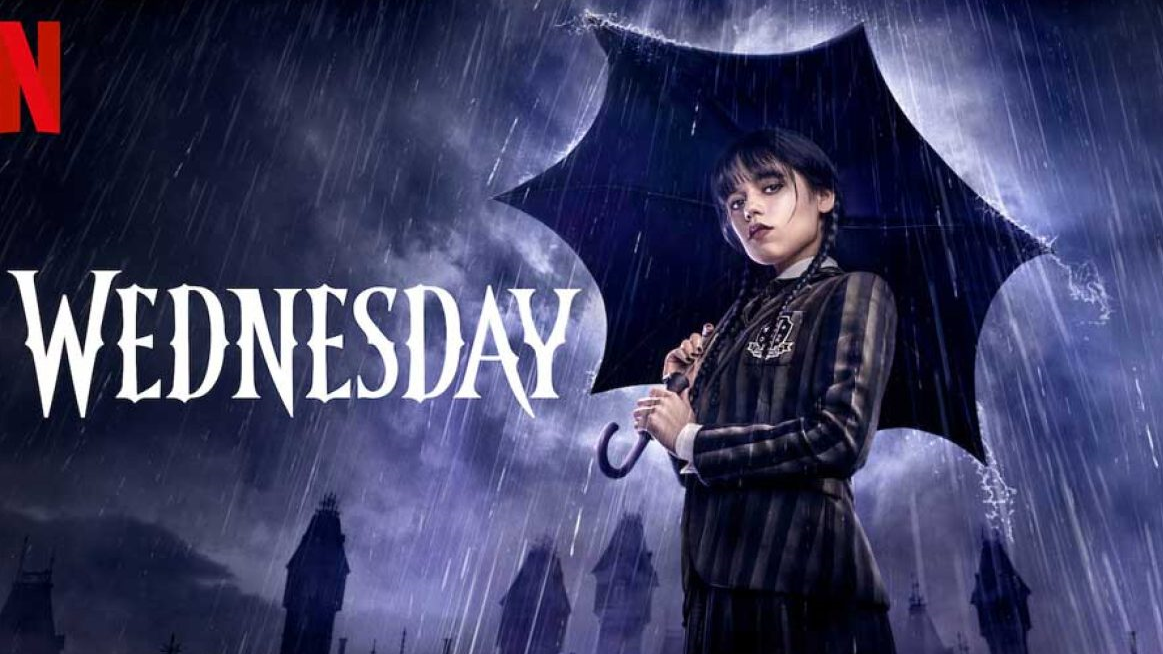WHAT DOES THIS SAPPY FICTIONAL ROMANCE IN 'TITANIC' HAVE TO SAY ABOUT A FAMOUS DISASTER?
An analysis of the film in memoriam of the 110th anniversary of the ship's sinking.
I was eleven years old when this movie hit theaters. Directed by James Cameron (sci-fi creator), "Titanic" was the most expensive Hollywood projectof its time and before. What is there to say? The man is a brilliant perfectionist. He knows what he wants, and he doesn't care how much it costs. Even if it means a full-scale reconstruction of the infamous ship where the replica cost more to build than the ship itself. That's dedication. To this day, "Titanic remains on the list of the top 10 most expensive films ever made with very recent MCU Avengers films scattered around it.
All that said, this project clearly means a lot to Cameron. He's trying to say something, but what is the message? And why of all things does he center this famous disaster around the sappiest teen romance of all time? I hated the movie for a long time because of that writing choice. Why, Cameron? Why turn a profound mark on history into a dumb romance?
In light of Titanic week on the anniversary of its descent into the icy Atlantic, I go against all my horror-loving, romance-hating instincts and reevaluate the film as an adult in hopes of catching something now that I missed as a child.
I have found my answer. It was staring me in the face the whole time. This isn't a tragic romance revolving around a very brief love affair. This is instead a hero's journey in disguise of a young woman breaking free of social convention and familial abuse. After all, America is the land of the free. (At least, that was still true in 1912. All that's left of the American dream now is pure fantasy.) Immigrants from all over would sail to America for their chance at a better life. Why not Rose Dawson? There was only one chance to break out of her chains, and that iceberg gives her that opportunity. Without the influence of her 3rd Class savior Jack, she'd never have taken it.
We meet Rose as a stoic, spoiled young lady. Without the narrative from her older self, there would be no way of telling how she feels inwardly. The façade only lasts so long. Throughout the day on the ship, her defiance and sass begin to show. She is a different person than she pretends to be: a third-class heart in a first-class shell. Only when she meets Jack, a third-class passenger with a wealth of real-world experience under his belt, that she finally finds the encouragement to be herself. Something that her controlling mother and abusive fiance strive to bury. Jack is the only decent person she knows.
"(Jack) saved me in more ways than one." (Rose, Titanic)
There is one reason Rose survives that fateful night, and that reason is Jack Dawson. He is a young man of "limited means" and a wealth of experience. This includes two bits of crucial information he admits to her. First, he'd survived a fall into freezing water once before. Second is his job experience working on ships. His knowledge is essential to her survival. All she needs to do is listen. If only more people had listened to him. Their physical love affair is hardly as important as their intellectual relationship. Rose is no doubt a brilliant woman: well-read and unapologetically curious. She knows that staying close to the most qualified person on Titanic will "ensure her survival."
It takes Rose 84 years to safely admit her identity. With everyone, she knew dead and her life well-lived, she feels safe to tell the story of her survival aboard the Titanic to a ship full of grave robbers and pirates. She tells her tale not to assist in the discovery of her necklace, but to instead spread the news of the most important man of her life. Jack Dawson is the man who teaches her to survive. More importantly, he teaches her to live.
That kind of tale is far more important than an icy, heavy rock. We as a society need to reassess our priorities. Why are rocks more valuable than people? Especially gifted, selfless, and experienced. These are priceless traits. That is the lesson that Rose leaves behind on the day she passes away. Her final story. Her final lesson. What a grand lesson it is.



